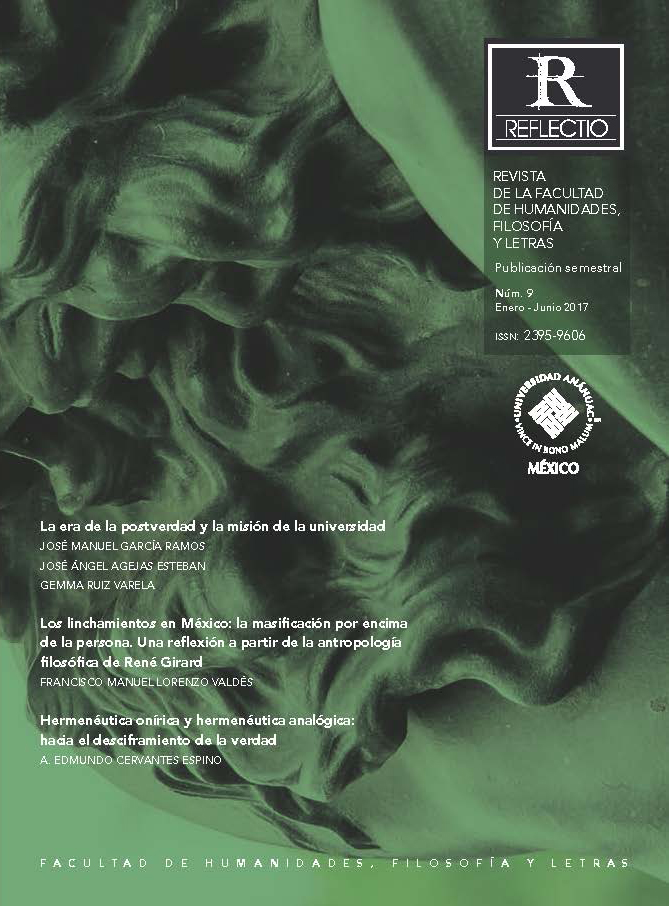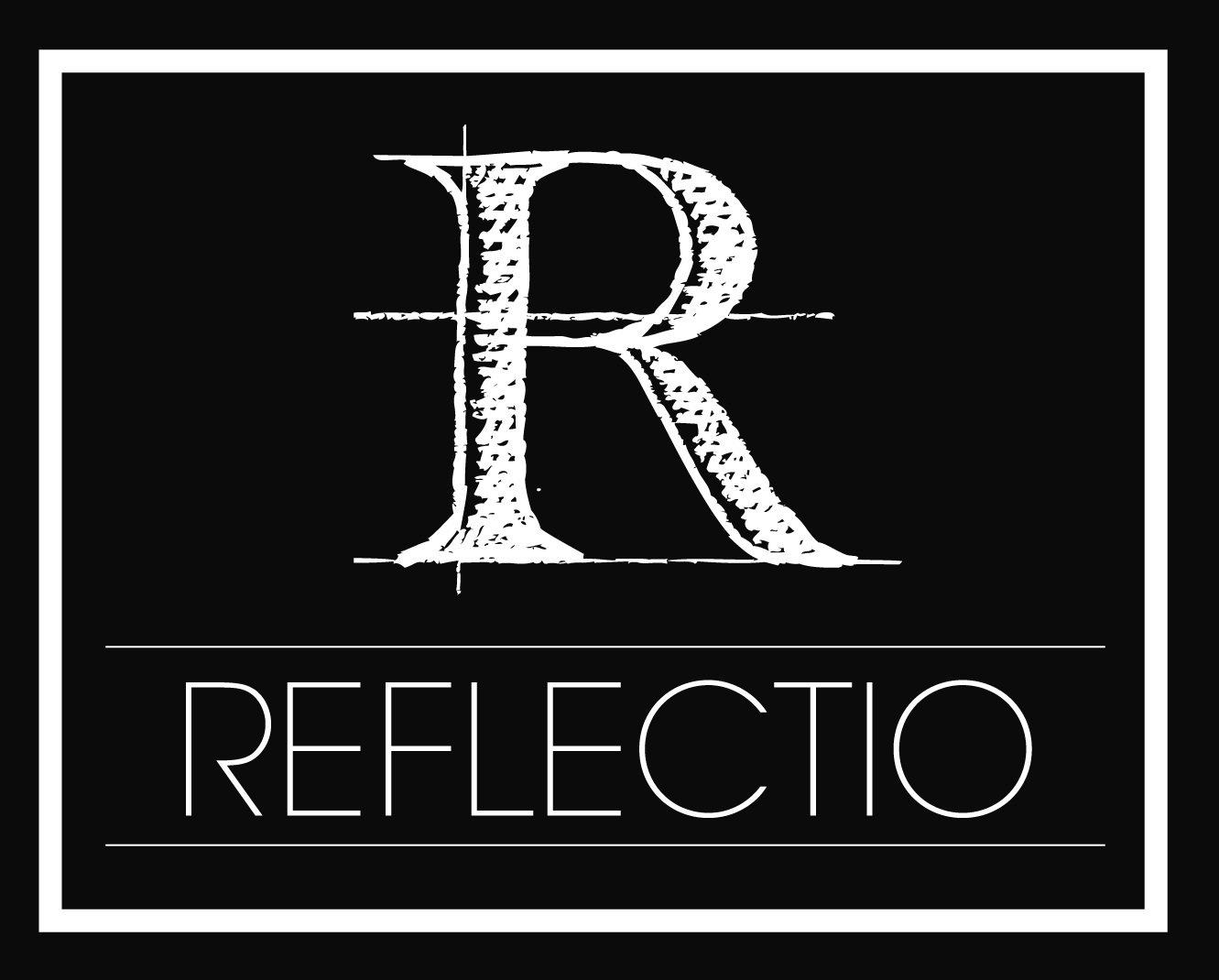LENGUAJE Y POESÍA COMO DISPOSITIVOS DE SENTIDO Y PODER POLÍTICO EN REDES SOCIALES
Palabras clave:
Poesía, redes sociales, poder político, lenguajeResumen
Desde la aparición de las redes sociales, la literatura ha traspasado fronteras y lenguajes, ya que el internet al tener un alcance quasi-global, publicar y compartir textos o libros completos en los diferentes canales, como Facebook o Twitter, la literatura en general y la poesía en particular han tenido un gran impacto en la sociedad. De tal suerte que la información llega de manera casi inmediata y puede ser compartida con personas de diferentes culturas, de ahí la riqueza del internet. Teniendo en cuenta que existen países donde los escritores y poetas han sido perseguidos por evidenciar al régimen político, por ejemplo: Roberto Saviano, Bertolt Brecht, Max Jacob, Ezra Pound o Boris Pasternak, entre otros, la poesía se posiciona como un medio de información que tiene el poder de concientizar a la sociedad. Siendo esto así, en las redes sociales se puede denunciar la injusticia, el racismo y la discriminación; asimismo, se pueden crear comunidades u ong que apoyen causas humanitarias.
Descargas
Referencias
Actualidad Kurda. El diario secreto de una rosa: una antología de poemas kurdos. Marzo, 2011, https://actualidadkurda.wordpress.com/2011/03/03/tempestad/
Aristóteles. Política. Madrid: Gredos, 2010.
Baudelaire, C. “lxxvi. Spleen de «Spleen e Ideal»”, en Las Flores del Mal, trad. de E. M. S. Dañero. Chile: Proyecto Espartaco, 2011.
Bauman, Z. La sociedad sitiada. Argentina: fce, 2013.
Bauman, Z. En el mundo actual todas las ideas de felicidad terminan en una tienda, http://www.elmundo.es/papel/lideres/2016/11/07/58205c8ae5fdeaed768b45d0.html (consultada el 26
de noviembre de 2016).
Beristáin, H. Diccionario de retórica y poética. México: Porrúa, 2008.
Candir, A. “Una visión general del movimiento Gülen”, en Iniciativas transnacionales de educación, diálogo y ayuda humanitaria: el Movimiento Gülen. Gülen Institute, Centro de Intercambio Cultural y Educativo México-Turquía. México: unam, 2012.
Carnap, R. La superación de la metafísica por medio del análisis lógico del lenguaje. México: unam, 2009.
Castells, M. Comunicación y poder. España: Alianza, 2011.
Castells, M. Redes de indignación y esperanza. Los movimientos sociales en la era de internet. España: Alianza, 2015.
DW (04 de febrero de 2007). “Un Nobel en el exilio”. Deutsche Welle, http://p.dw.com/p/9nzq
Emadi, M. El poema. 2017, https://www.youtube.com/watch?v=3Sg_NhOmNIw&t=165s
Festival Palabra en el Mundo, http://palabraenelmundo.blogspot.mx/
Foucault, M. El orden del discurso. Argentina: Tusquets, 1992.
Foucault, M. Las palabras y las cosas. México: Siglo xxi, 2010.
Foucault, M. Topologías, Fractal nº 48, enero-marzo, 2008, año xii, vol. xiii, 39-62.
Gadamer, H.G. Arte y verdad de la palabra. Barcelona: Paidós, 1998.
Gadamer, H.G. Verdad y método. Salamanca: Sígueme, 2007.
Hobbes, T. Leviatán. México: Valle de México, 2001.
Kirk, M. A. “Transformando las áreas de violencia al sureste de Turquía a través de la educación y la ayuda de personas inspiradas por Gülen”, en Iniciativas transnacionales de educación, diálogo y ayuda humanitaria: el Movimiento Gülen. Gülen Institute, Centro de Intercambio cultural y Educativo México-Turquía. México: unam, 2012.
Lagneaux, M. “La escritura literaria en las redes sociales”, en Revista Letras, núm. 6 (2017): 153-156.
Lipovetsky, G. y J. Serroy. La cultura-mundo. Respuesta a una sociedad desorientada. España: Anagrama, 2010.
Descargas
Publicado
Número
Sección
Licencia

Esta obra está bajo una licencia internacional Creative Commons Atribución-NoComercial-SinDerivadas 4.0.
Reflectio se distribuye bajo licencia internacional Licencia Creative Commons Atribución-NoComercial-CompartirIgual 4.0 Internacional.
El autor conserva los derechos patrimoniales sin restricciones y garantiza a la revista el derecho de ser la primera publicación del trabajo. El autor es libre de depositar la versión publicada en cualquier otro medio, como un repositorio institucional o en su propio sitio web.
















